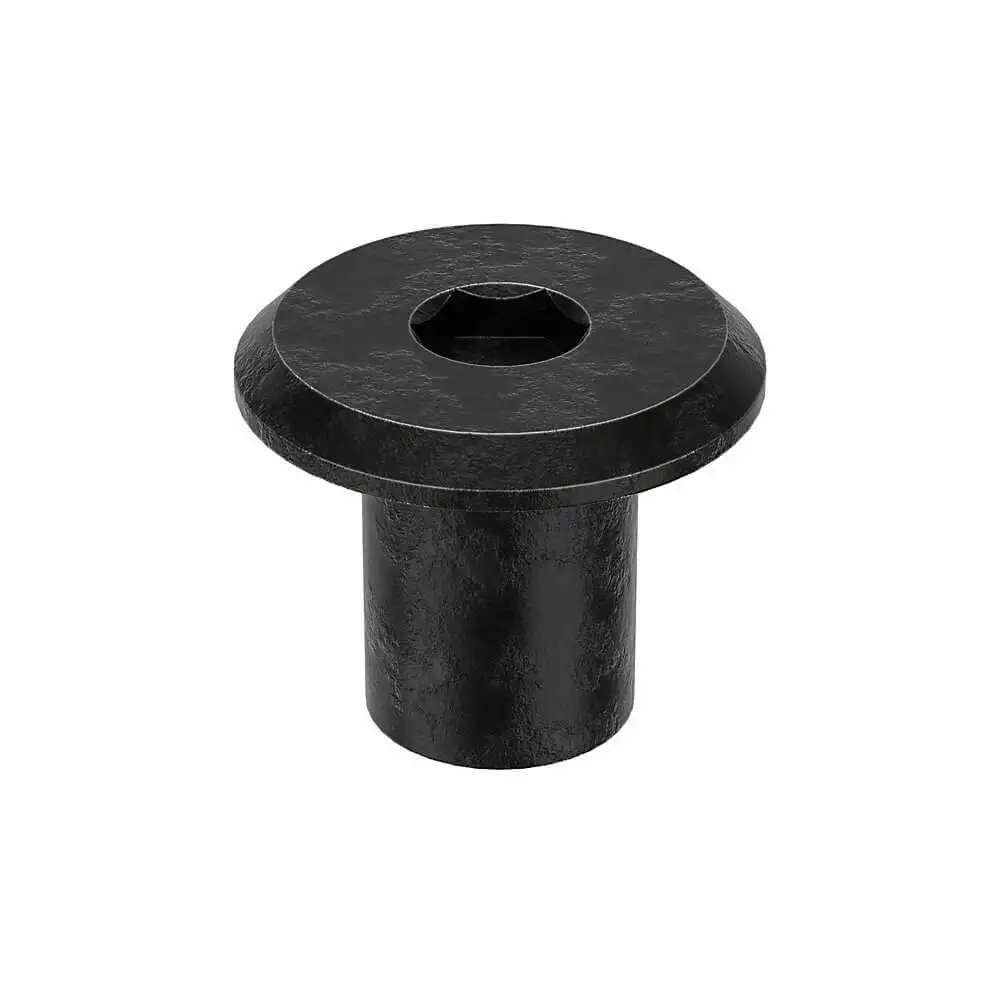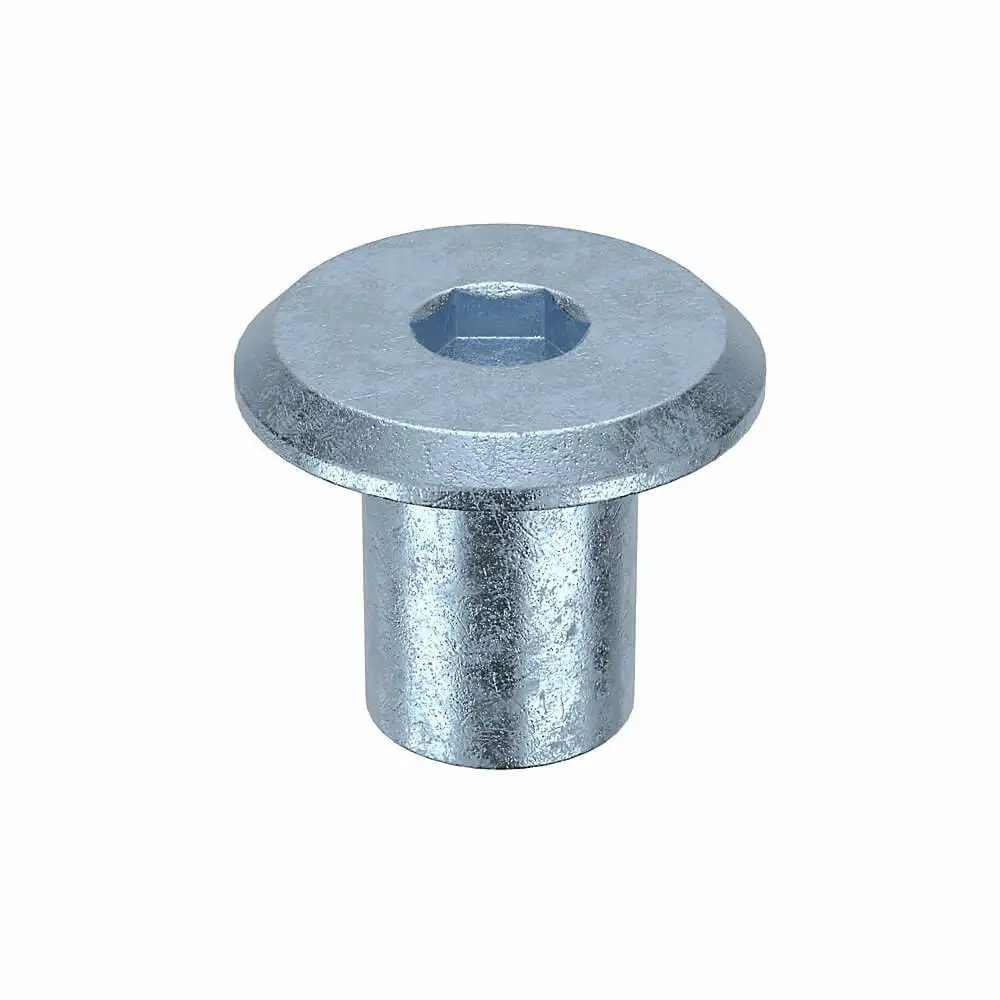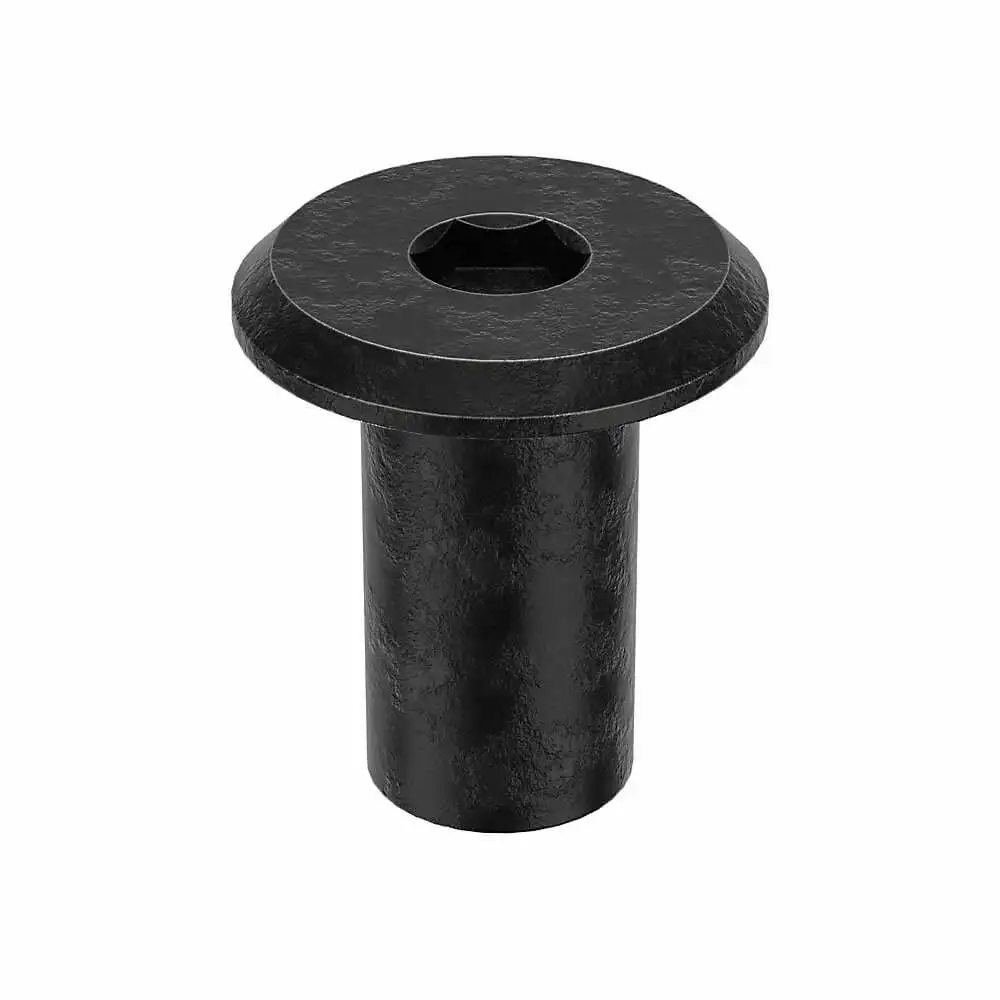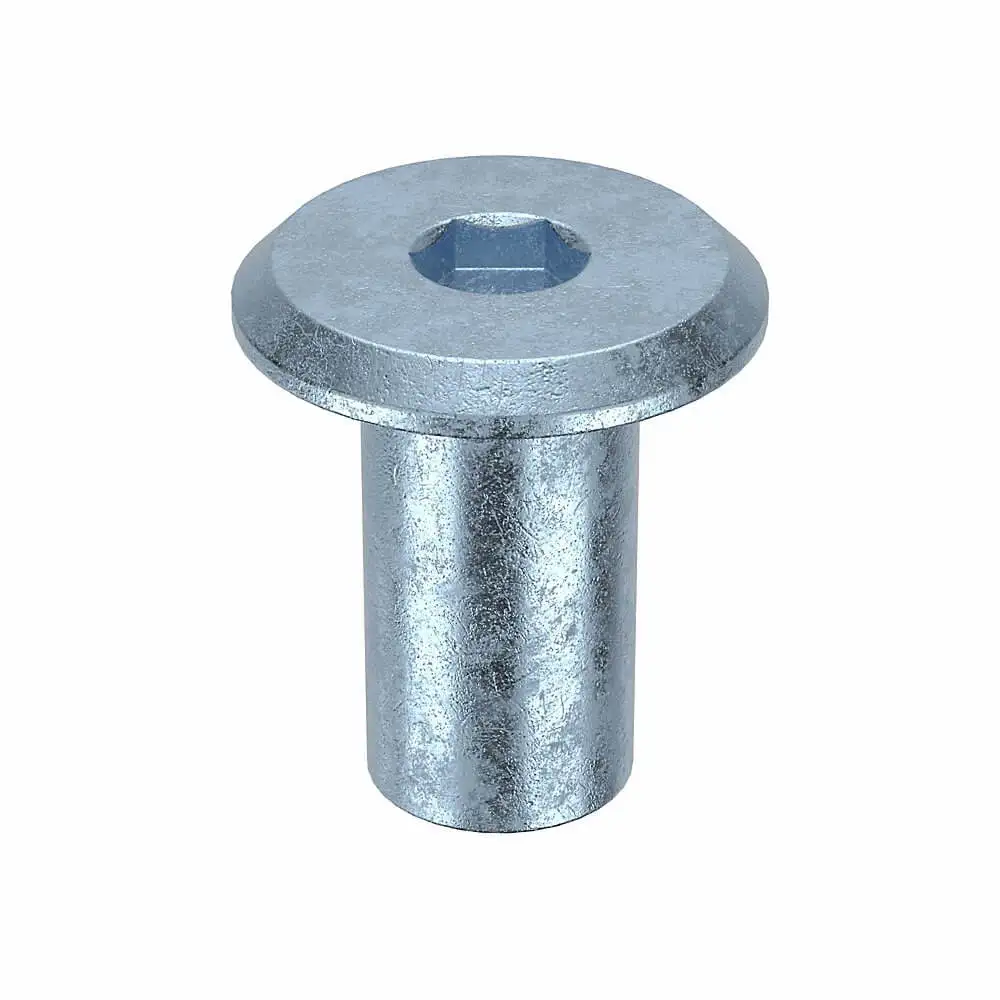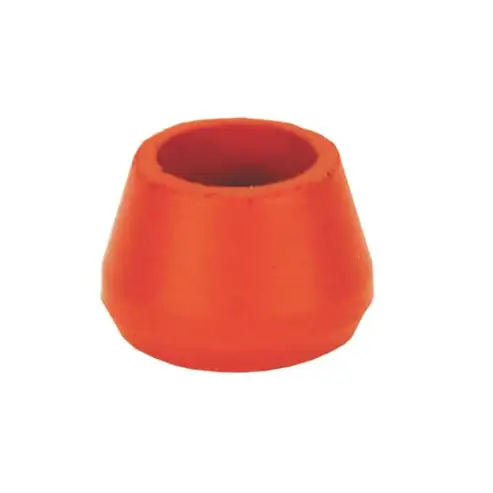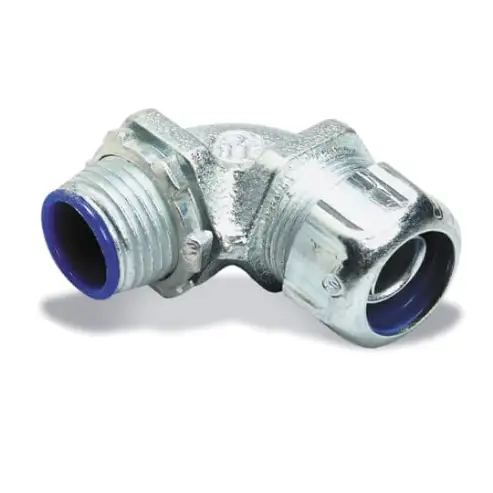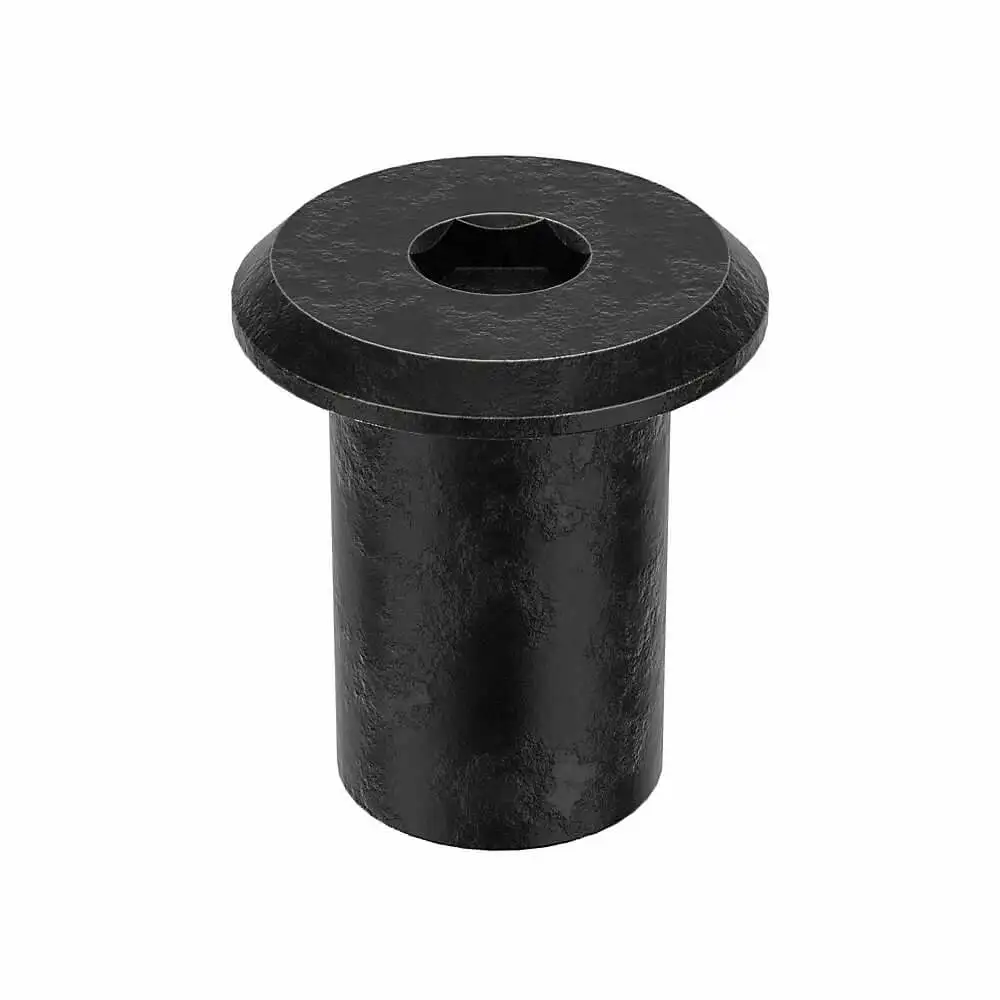Frequently Asked Questions
Are connector nuts the same as coupling nuts?
Connector nuts are also called connection nuts, connecting nuts, coupler nuts, joining nuts, extension nuts, studding connector nuts, long nuts and coupling nuts.
What do the strength Grades / Classes mean in connector nuts?
- The Grade or Class of a nut denotes its strength & compatibility with the respective bolt.
- Generally, the higher the Grade, the higher the strength of the fastener.
- SAE grades are used for Imperial-sized nuts. Nuts having the same SAE strength Grade as a bolt should be used together.
- ISO classes are used for Metric-sized nuts. Nuts having the same first digit as a bolt are meant to be used together.
- ASTM grades are based on factors like strength, high pressures & high temperatures.
What are the thread fit Grades or Classes in these connector nuts?
Thread fit grades or classes of a fastener indicate the degree of looseness or tightness of mating threads. Generally, the higher the class number, the tighter the fit of the attached components (like bolts). Lower thread fit grades / classes are suitable for applications requiring quick assembly & disassembly. Higher thread classes are ideal for close tolerances, safety & strength.
How to tighten these coupling nuts?
Users should tighten these nuts by angle rather than torque value for the correct amount of preload tightness, irrespective of friction levels. This prevents overtightening to increase the operating life of the connecter nuts and lower the torsional stress. The fittings that are tightened by this method may be liquid-tight. However, users must take care that there are no misalignments and that the joints are well lubricated.
 £ GBPChange Country
£ GBPChange Country